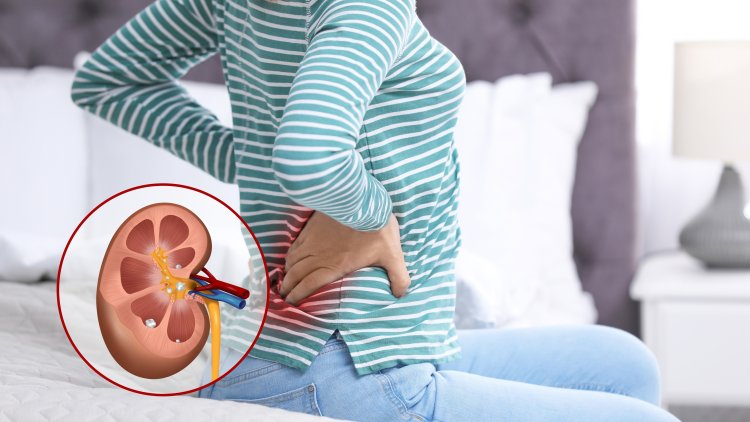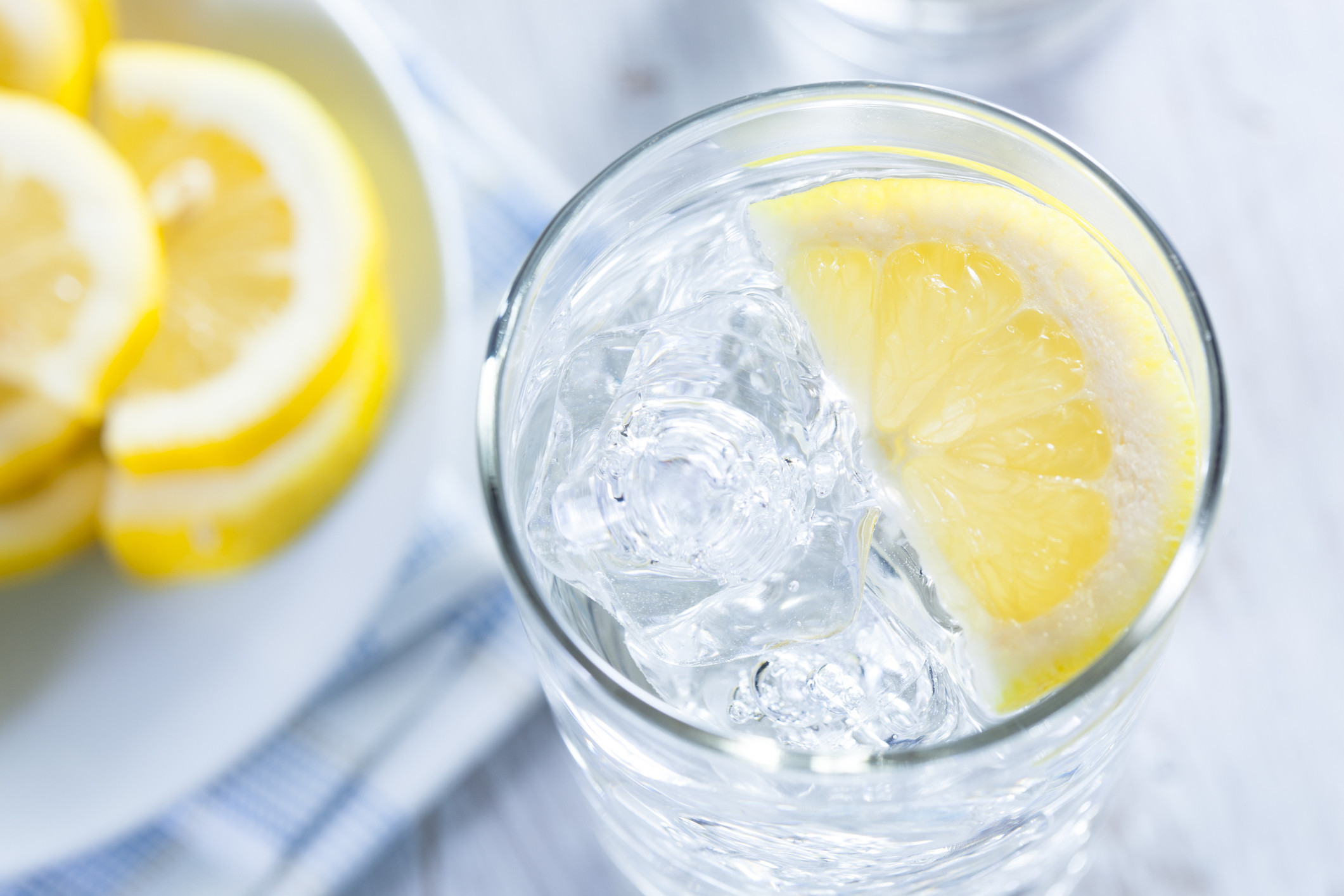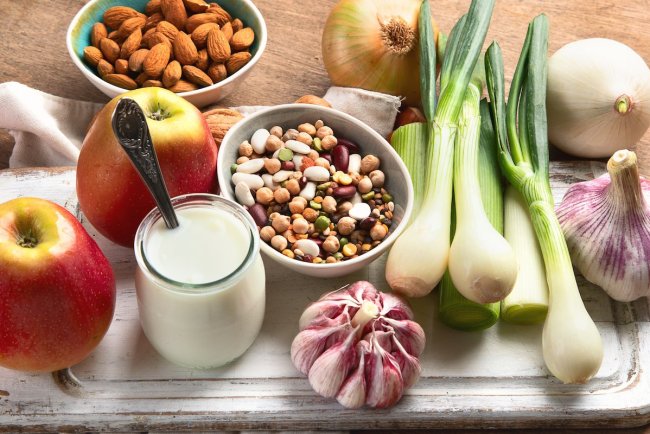How to Pass a Kidney Stone & 5 Smart Tips to Prevent Them
If you’ve ever battled a kidney stone, you already know the truth: few things compare to the sharp, breathtaking pain they deliver. Many describe it as agony they wouldn’t wish on their worst enemy. And here’s the frustrating part once you’ve had a kidney stone, there’s a good chance it won’t be the last. Men are especially prone to repeat episodes over the years.

What Actually Causes Kidney Stones?
Think of your kidneys as busy factories, filtering minerals from your blood every minute. Most of the time, those minerals dissolve neatly into urine. But sometimes substances like calcium, oxalate, or uric acid build up too much and clump together almost like tiny fragments of rock. These become kidney stones.
Most stones are calcium-based, though some form in people whose urine is too acidic. And while stones may stay quietly in the kidney for a bit, trouble begins when one decides to break free and slide down the slender tube leading to the bladder.
That’s when you may feel:
A stabbing pain in the lower back or side
Blood in your urine
Nausea or vomiting
A constant need to pee with little actually coming out
Sharp pain traveling down toward the groin
If those symptoms show up, it’s time to see a doctor and confirm what’s happening usually with a urine test or imaging scan.
How to Pass a Kidney Stone (and Stay Sane While It Happens)
Once a stone finally drops into the bladder, the worst of the pain usually ends thankfully.
However, it may take some time to reach that position.
Some stones pass within days… others take weeks or even months.
Here’s what helps ease the journey:

Drink plenty of water enough to keep urine pale and flowing well
Use trusted pain relief ibuprofen, acetaminophen, naproxen or medication prescribed by your doctor
Ask about alpha-blockers these medications relax the ureter muscles so the stone can pass with less torture
If the pain is unbearable, or the stone is too large to pass naturally, specialists can step in using tiny scopes or targeted shock waves to break the stone into smaller pieces.
5 Practical Ways to Prevent Kidney Stones
Good news: simple daily habits can drastically reduce your chance of facing another stone.
1. Drink like your kidneys depend on it
Because they do.
Aim for enough water to produce about 2 liters of urine per day. Most people need around 8–12 cups of fluid to get there.
2. Don’t fear calcium eat the right kinds
Calcium from foods like yogurt, seeds, beans, and lentils actually helps prevent stones by blocking oxalate from reaching the kidneys. (Supplements are a different story, talk to your doctor about those.)
3. Add lemon to your life
Citrate found in lemons and other citrus fruits naturally protects against stones. A little lemon squeezed into your daily water is an easy win.
4. Reduce salt wherever you can
Salt makes your kidneys dump more calcium into your urine which is the opposite of what you want. Look for lower-sodium choices and taste food before automatically salting it.
5. Eat less animal protein
Large quantities of meat and certain seafood make urine more acidic and can promote stones. You don’t have to go vegan, just keep portions moderate and balance with plant-based proteins.
A Final Word of Encouragement
Kidney stones can feel like your body turned against you especially when they come back again and again. However, strength comes from knowledge. Protecting yourself gets easier the more you know about your stone type and what causes it.
With proper water, thoughtful eating choices, and direction from your healthcare professional, you can provide your kidneys a calmer, healthier environment… and ideally never experience that agonizing anguish again.
Your kidneys work hard for you to treat them kindly. They’ll return the favor.
What's Your Reaction?




















